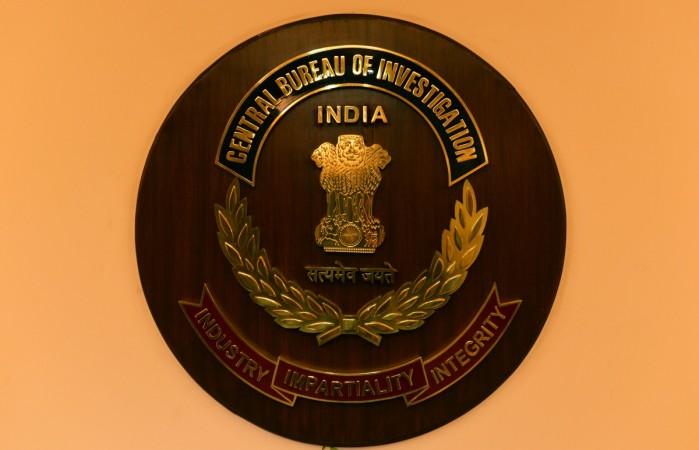
The Narendra Modi government's decision giving 10 agencies sweeping powers for digital 'snooping' has stirred up a hornet's nest.
While most experts agree the government is within its powers to conduct surveillance of computer networks and related devices including mobile phones and smartphones when national security is under threat, many dispute the scope of such operations under the new rules.
Moreover, the technologies available could give surveillance a whole new dimension, elevating it to a mass scale, some experts say.
The issue rocked Parliament on Friday with the opposition Congress party accusing the government of authoritarian tendencies.
Government supporters say the powers the order confers are only a logical extension of the authority conferred on the government by the age-old Indian Telegraph Act, 1885, and the Information Technology (Procedure and Safeguards for Interception, Monitoring, and Decryption of Information) Rules, 2009, framed under the Information Technology Act, 2000.
The government feels the necessity that a joint secretary-level official must authorise any surveillance is enough to safeguard the right to privacy of the citizens, which the Supreme Court recently ruled fundamental to the Constitution.
The Home Ministry claims there would be adequate safeguards as provided by the IT Act. Each case of computer interception, monitoring and decryption have to be approved by the competent authority, which is the Union home secretary, it says. It denies having delegated the powers to any law enforcement or security agency.
However, Opposition leader Rahul Gandhi launched a blistering attack on the Modi government alleging that the order would convert India into a 'police state'. Congress party leader Anand Sharma said the country would become a 'surveillance state'.
Cyberlaw expert Pavan Duggal has no doubt that the government has the right to issue such notification after the 2015 Supreme Court ruling upholding the validity of section 69 of the Information Technology Act.
However, he is not sure whether the order would hold up against the top court's judgment later declaring the right to privacy a fundamental right. "To utilize such sweeping powers in the right manner will also be a challenge," the Economic Times quotes Duggal, who is also president of Cyberlaws.net
There is a worry that the order does away with some of the safety nets that a citizen's right to privacy enjoyed hitherto. The fear, in general, is that the new dispensation could bring in mass surveillance and selective targeting for purposes unrelated to national security because a number of agencies are no empowered to act.
The order empowers the Intelligence Bureau (IB), Narcotics Control Bureau, Enforcement Directorate (ED), Central Board of Direct Taxes (CBDT), Directorate of Revenue Intelligence (DRI), Central Bureau of Investigation (CBI). National Investigation Agency (NIA), Cabinet Secretariat (RAW) and the Commissioner of Police, Delhi. The Directorate of Signal Intelligence is authorized to do surveillance in Jammu and Kashmir, North-East and Assam.
The widespread opposition to the order shows that it could get caught in a tortuous legal battle, particularly in the context of the top court's new judgment on the right to privacy.














